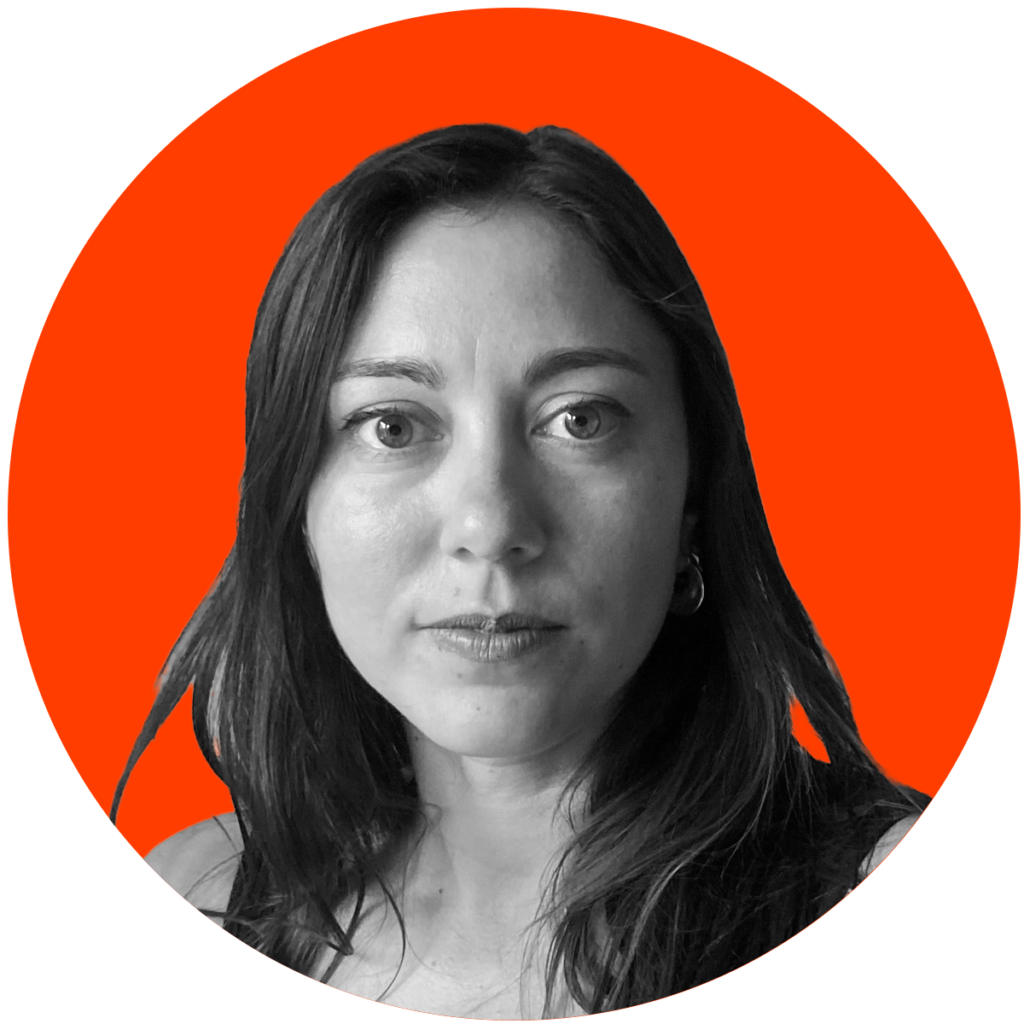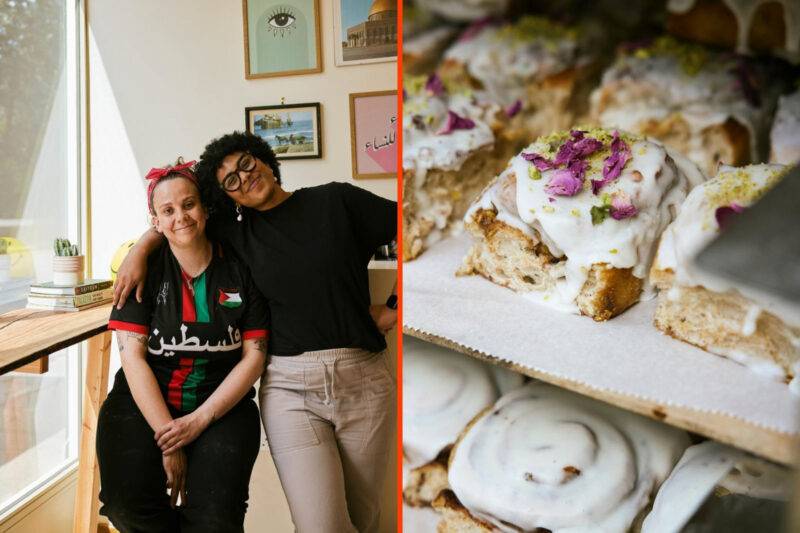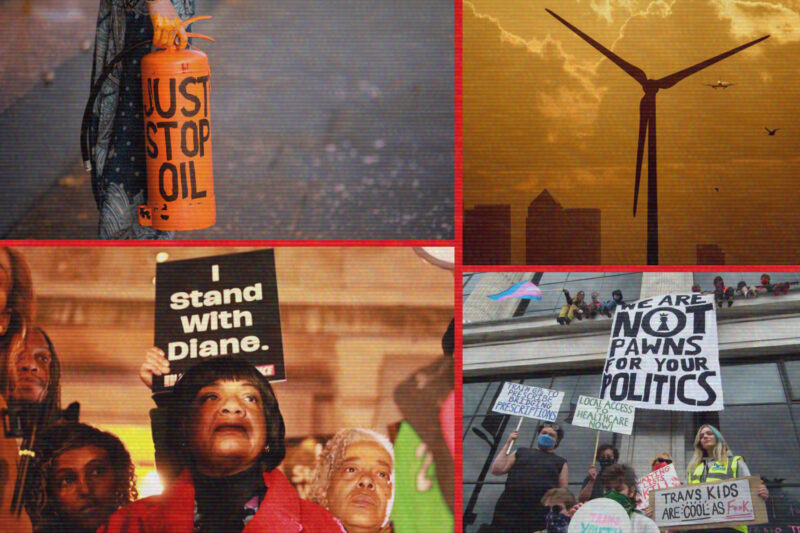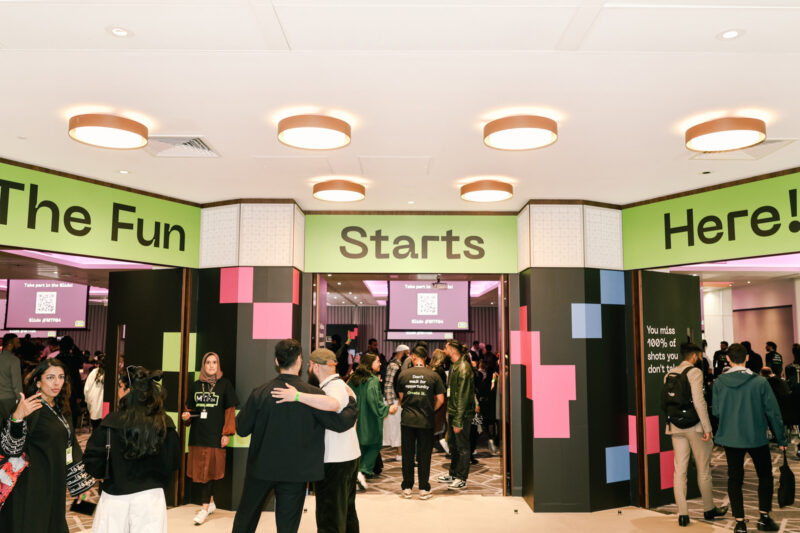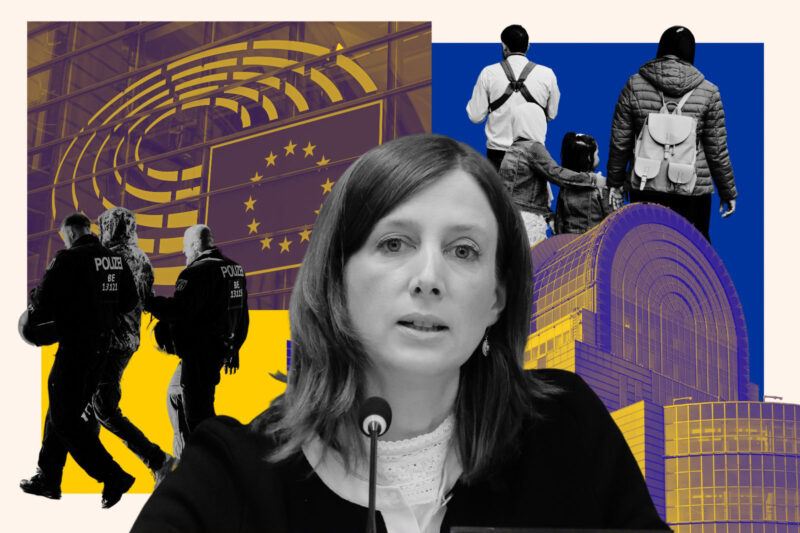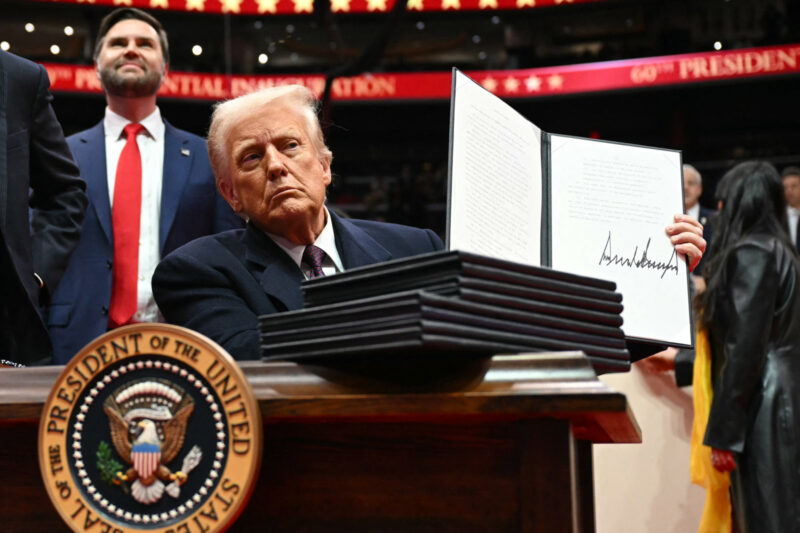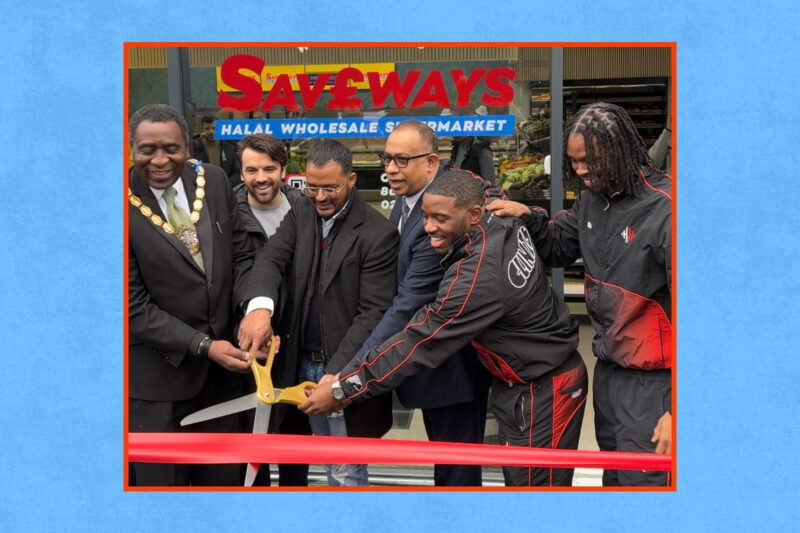
Osama Qashoo Q&A: ‘You cannot defeat Palestinian culture’
‘Palestine House didn’t come as a reaction to the genocide that we are witnessing today… it was a reaction to the slow genocide I’ve been witnessing since I was born in Palestine,’ says Osama Qashoo. Photograph courtesy of Palestine House
The activist, filmmaker and entrepreneur on his efforts to build Palestine House, a new cultural centre in the heart of London
Just off one of central London’s busiest streets is a calm oasis away from the bustling pavements below. The cultural centre Palestine House, which began hosting events this summer, sits above Hiba in Holborn, the Palestinian-Lebanese restaurant founded by Osama Qashoo. The floors above — some still under construction — give the feeling of a spacious courtyard, with stone walls and patterned tiles reminiscent of a Palestinian home.
Qashoo dreamed of finding a place to celebrate and preserve Palestinian heritage when he first arrived in London as a refugee almost 20 years ago.
The restaurateur, who was born in 1981, is also a filmmaker, activist and co-founder of the International Solidarity Movement, and has been a prominent champion for the rights of Palestinians and the protection of their heritage for decades.
During the second intifada in 2000, Qashoo began filming the violence and injustice he witnessed by the Israeli occupation at his home in the West Bank. After arriving in London, he joined the National Film and Television School, and went on to make a series of short films about Palestine.
In 2012 he founded Hiba, currently a chain of three restaurants inspired by his family’s recipes. When the space above the restaurant building in Holborn became available, Qashoo took the chance to try to make his dream a reality by securing loans and crowdfunding. Palestine House began construction this year and by early 2025 hopes to fully launch as a community centre, with co-working spaces and a calendar of cultural and artistic events.
Qashoo speaks to Hyphen about what it means to build and preserve a space for Palestinian culture and identity.
This interview has been edited for length and clarity.
Take us through the makings of Palestine House — what was the inspiration behind it?
Palestine House didn’t come as a reaction to the genocide that we are witnessing today. It’s been in the making for the last two-and-a-half years, and it was a reaction to the slow genocide that I’ve been witnessing since I was born in Palestine. I found myself in exile in London very far away from home, and the idea of home was always a missing piece in the puzzle for me. I always thought of building a place which could be accessible for every Palestinian. And when I say every Palestinian, I don’t mean genetically Palestinian, I mean the millions who go on to the streets and identify themselves with Palestine.
What is the significance of having a space like this?
I thought it would be amazing to have a home for all of us, a physical place where you can feel safe, secure, unjudged, unapologetic. It’s not a structured place with lots of rules, it’s a free place where everyone uses it to be successful, to network, to meet, to speak, to eat, to enjoy and come up with beautiful creativity that builds, not destroys; that loves, not hates.
What were the key parts of your Palestinian heritage that you wanted to bring into this centre?
It’s very unapologetically Palestinian. We are from a rich, ethical and integral background. We have resilience, we have strength, we have culture. And that is the key — you cannot defeat culture, because culture is something that we know very well how to preserve.
And it’s become increasingly under threat — how do you work to preserve it?
Culture is passed down generation to generation, through music, stories, painting, dance, food. But culture is also the fungus used to make bread and enjoy your sourdough. In Palestine, we are masters of creating bread and sourdoughs, over thousands and thousands of years, and it can manifest itself in different forms. Call it religious culture, call it musical, food, or artistic culture, Islamic culture, Christian culture, Jewish culture, call it human culture — call it whatever you want. It’s a culture that you cannot defeat.
It feels significant that you call Palestine House a cultural embassy.
It will represent all of these people who identify with Palestinians. I would like this place to go beyond the typical meaning of an embassy and create a diverse, broad definition of being inclusive, and a platform for all marginalised communities to feel that they can use the examples of Palestine to be resilient and strong. There is a saying that Palestinians fight like heroes. And I think now the saying is heroes fight like Palestinians.
How do you manage your life, your business and this project here while witnessing the destruction and violence back home?
Being in London and having my family being butchered back home, it puts you in a very weird situation — psychologically, physically, mentally, nothing makes sense. I have to pretend that I’m OK and that I can laugh and still crack jokes, that I can go and celebrate my friend’s wedding and birthday, and I can conduct my business. Meanwhile, I’m crying inside 24 hours a day. And the only space I have is when I cover myself with a blanket and weep, because even showing my tears and emotion is a sign of weakness.
You can switch off the TV and radio, but I hear it on the phones when I speak to my father, my brother, and to my friends in Palestine. Just yesterday one of the most amazing souls that we were working with, the guy who taught my daughter her first song to sing, was killed. He’s one of those victims that we all witnessed and saw on TV burned alive after an Israeli air strike. But then, you have to get your latte, pretend that everything is all right, conduct your business, be successful, report to the council… to continue trying to be human is a big struggle.
How do you reflect on the UK’s response to the war and occupation?
In this western democracy, the exchange rate doesn’t work. You hear more about the death of four Israeli soldiers in the media as breaking news, and then you have, “oh by the way, 500 were also killed from Palestine and Lebanon”. Everything is contradictory. It doesn’t make sense.
What do you hope your new space will come to represent?
I want Palestine House to be in Africa, and also in multiple cities in Europe and in North America and in Latin America, so people can duck and dive into Palestine House wherever they are travelling. And their personal success will lead to collective success, and hopefully at the centre of that there will be justice.
 Newsletter
Newsletter

